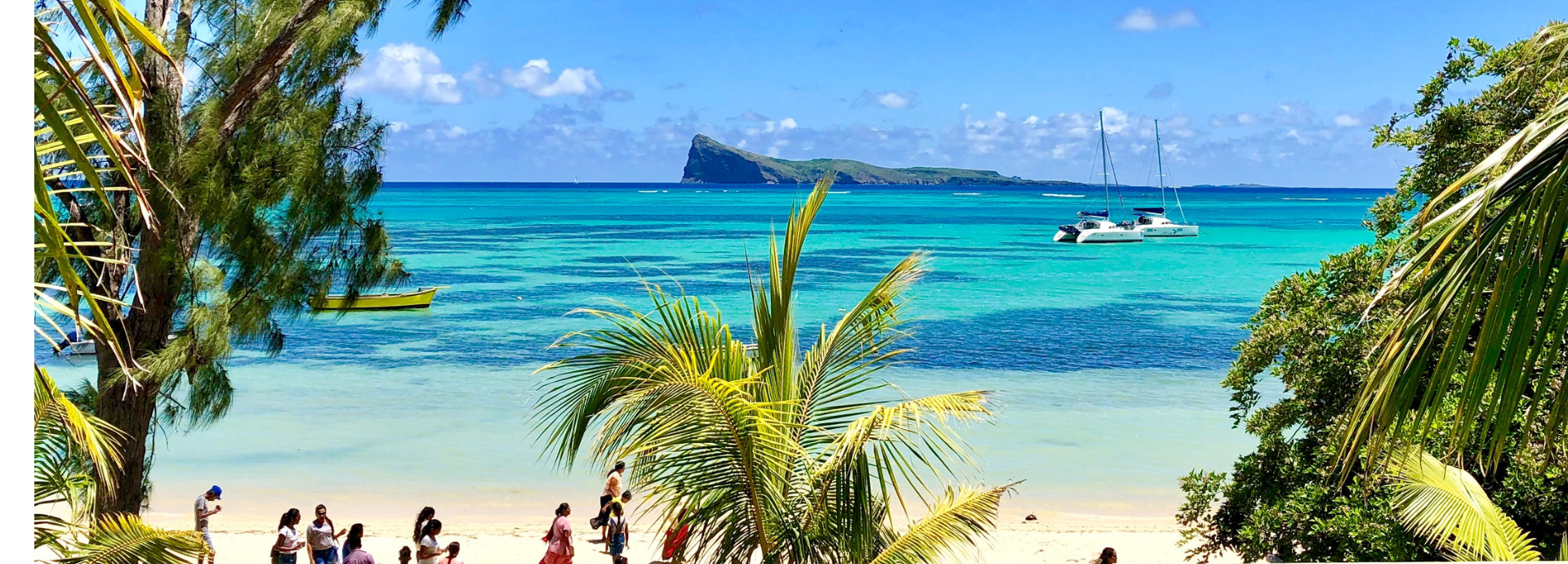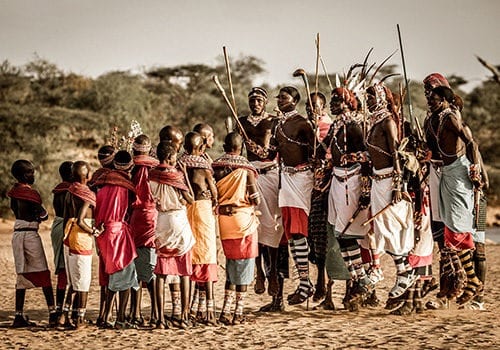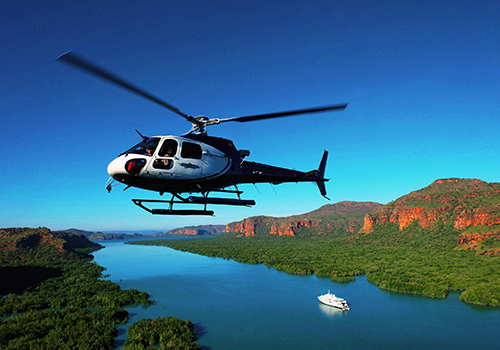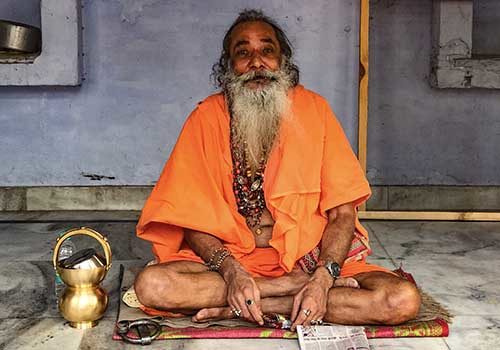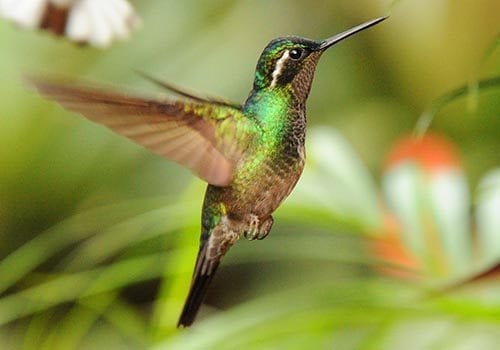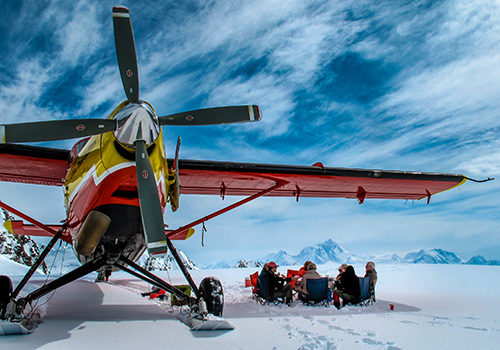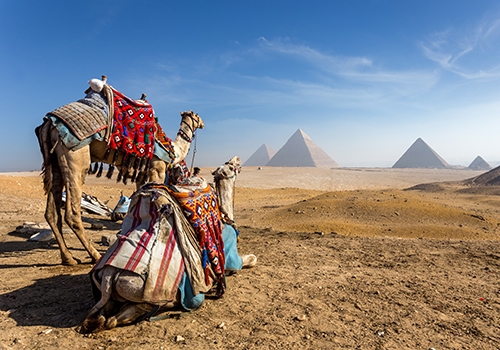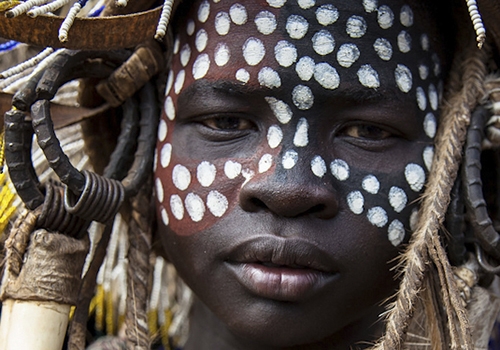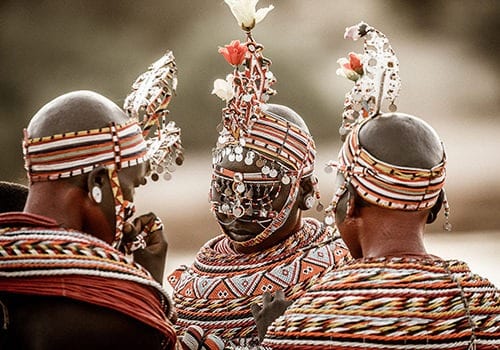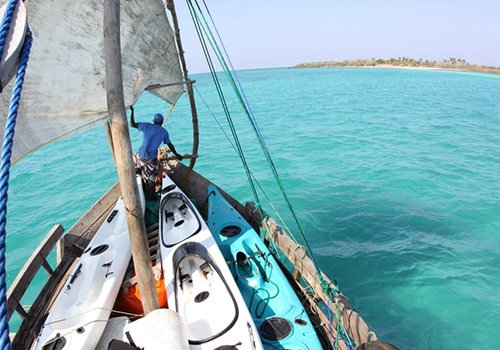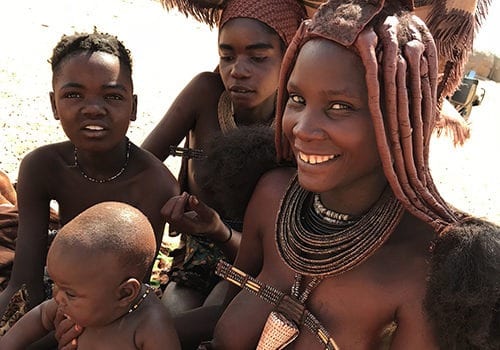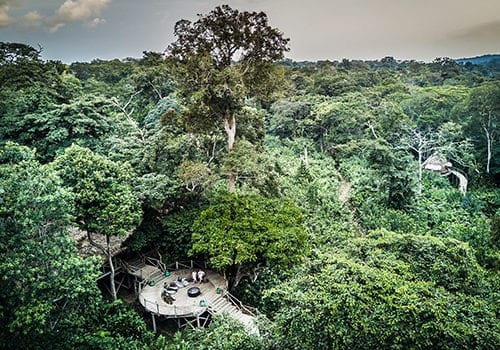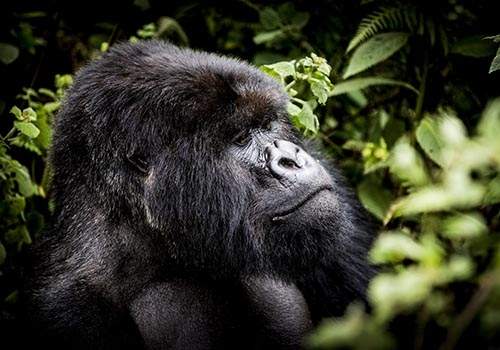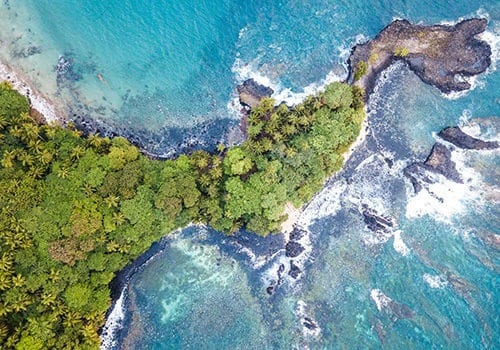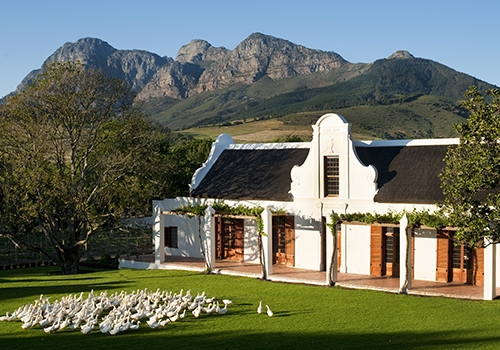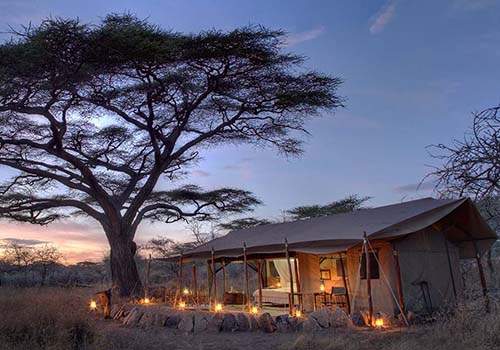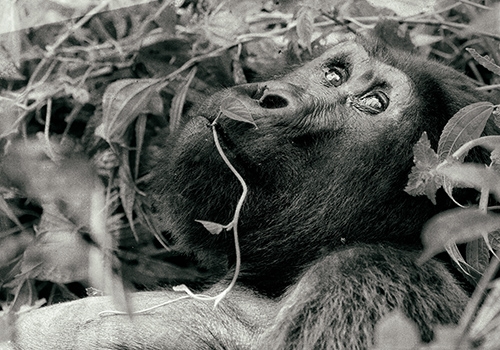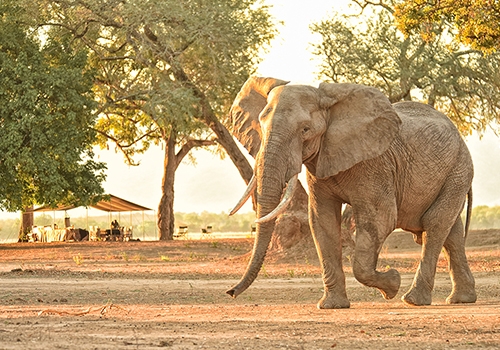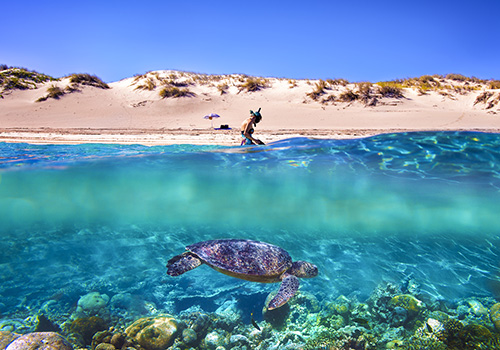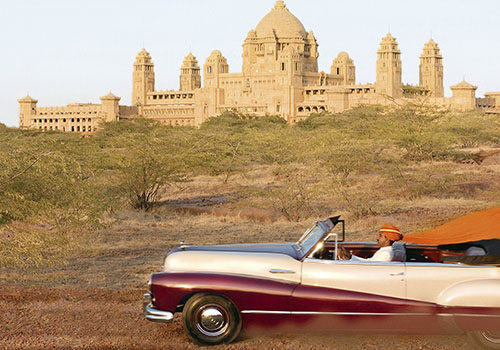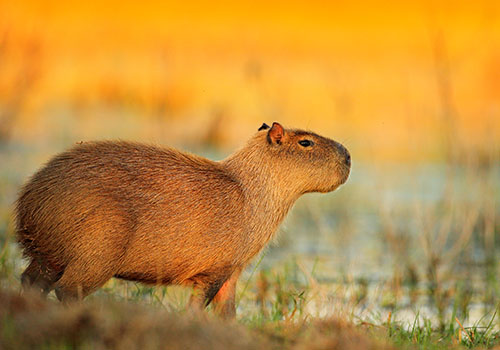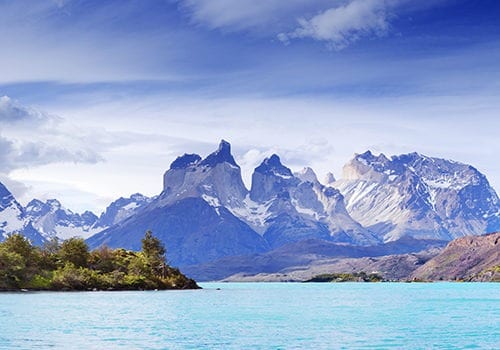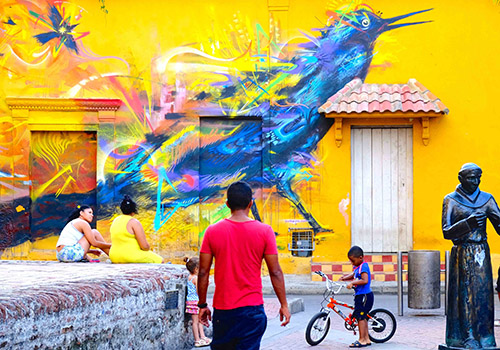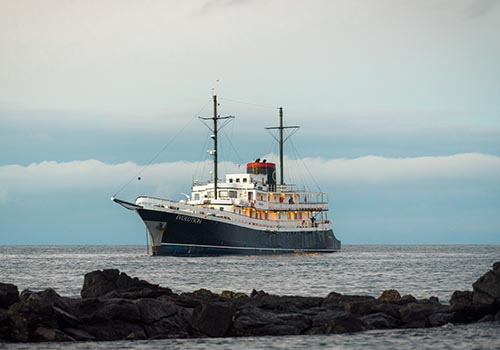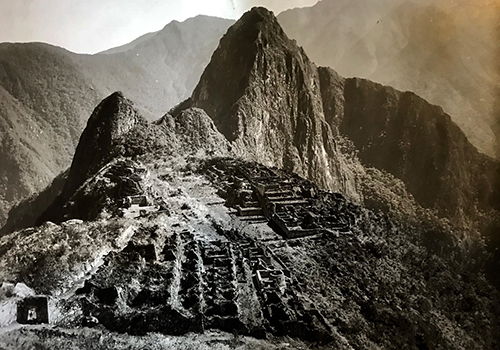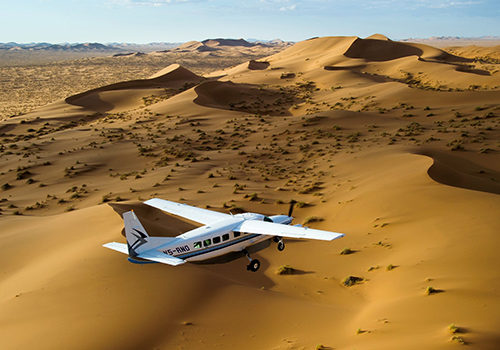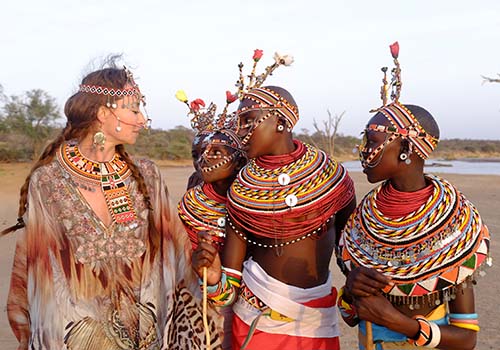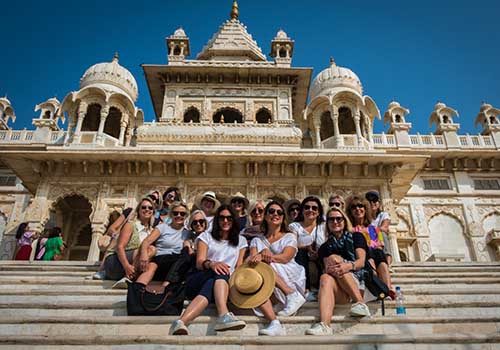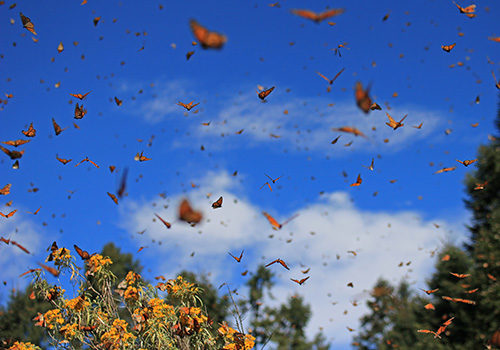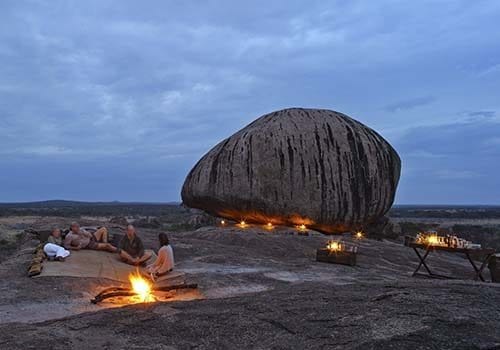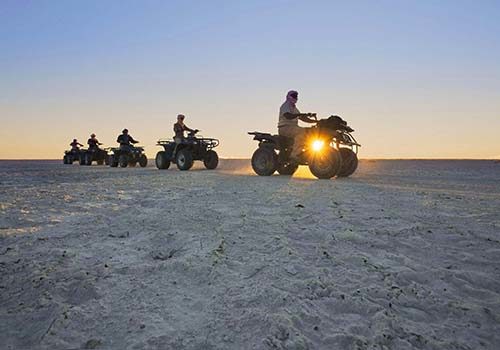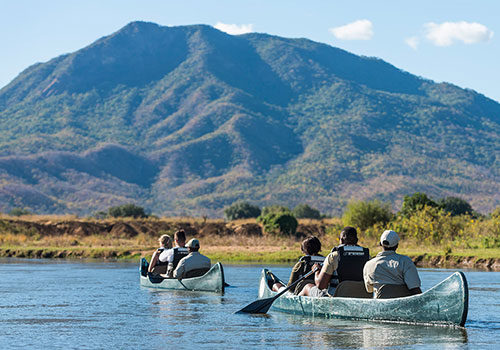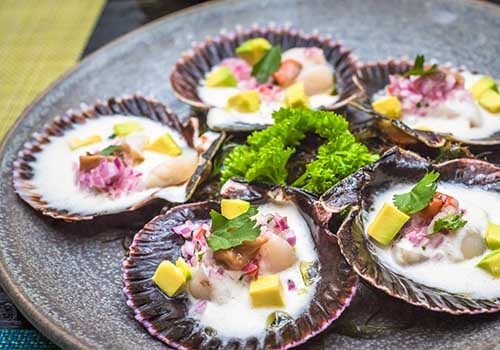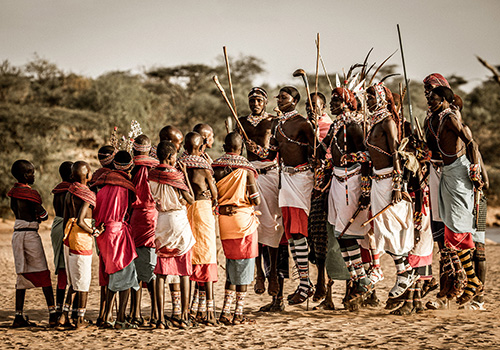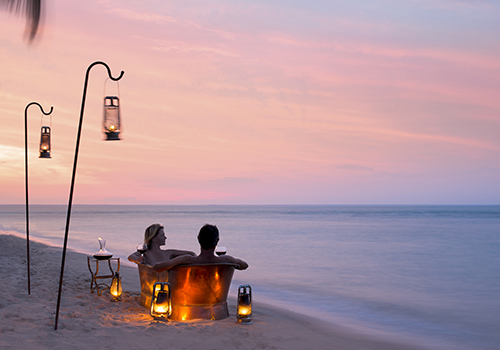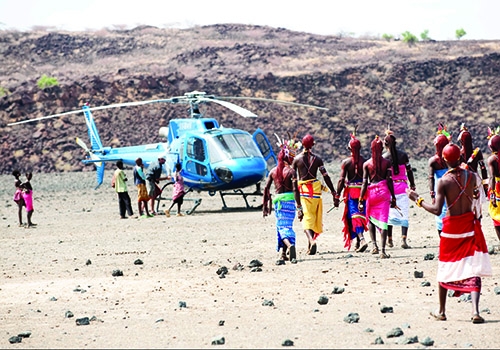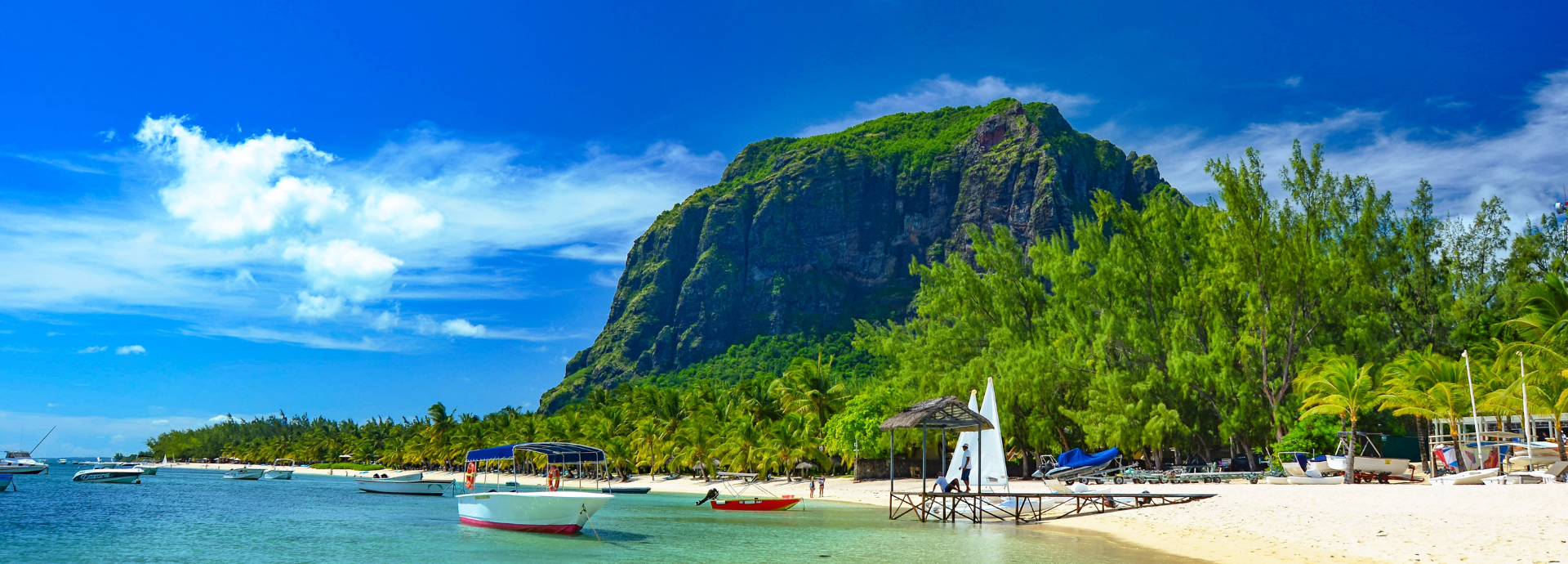
KEY INFORMATION TO PREPARE FOR YOUR JOURNEY
Mauritius, an idyllic island nation in the Indian Ocean, is celebrated for its breathtaking beaches, cultural diversity, and unique natural attractions. Its pristine shores, like Trou aux Biches and Belle Mare, are perfect for water sports and relaxation. The island’s rich cultural blend, vibrant cuisine, and historical sites, along with natural wonders like Chamarel Coloured Earths and diverse wildlife, create a paradise for travellers.
This information will assist in preparing for your departure and includes helpful travel hints for when you are there.
PLEASE NOTE: All pre-departure information was correct at the time of writing, but should be used as a guide only since requirements can change at short notice and without warning. Consult Smart Traveller or contact the High Commission of the Republic of Mauritius or the appropriate authority prior to departure to confirm all details.
AT A GLANCE
MAURITIUS KEY FACTS
Time: GMT +4 hours | AEST -6 hours
Capital: Port Louis
International Airport(s): Sir Seewoosagur Ramgoolam International Airport (MRU)
Official languages: English and French are the official languages, however the locals mainly communicate with each other in Creole
Religion: Hinduism is the primary religion in Mauritius with around 52% identifying as Hindu. Christians make up about 28% of the population (26% Catholic, 2% Protestant). 16.6% of residents are Muslim.
Electrical Current: 230V | Type C (2 round pin) & G (UK 3 square pin)
Currency: Mauritian Rupee (MUR)
Australian High Commission in Mauritius: 2nd Floor, Rogers House, 5 President John Kennedy Street, Port Louis, Mauritius | T: (+230) 202 0160 | https://mauritius.embassy.gov.au/
Visa: No – Australian and New Zealand passport holders do not require a visa for stays of up to 90 days.
USEFUL WEBSITES
Smart Traveller – https://www.smartraveller.gov.au/destinations/africa/mauritius
Travel Doctor-TMVC – https://www.traveldoctor.com.au/destinations/mauritius
High Commission of the Republic of Mauritius – https://mauritius-canberra.govmu.org
PUBLIC HOLIDAYS
January 1: New Year’s Day
February 1: Commemoration of the Abolition of Slavery
March 12: Mauritian National Day
May 1: Labour Day
November 2: Commemoration of the Arrival of Indentured Labourers
December 25: Christmas Day
Mauritius also celebrates a number of other moveable public holidays, these include the Chinese Spring Festival in January or February dependent on the Chinese calendar, various Hindu Festivals throughout the year including Thaipoosam Cavadee, Maha Shivratree, Ugadi, Ganesh Chaturthi and Diwali, and the Muslim Festival of Eid ul-Fitr to mark the end of Ramadan with dates based on the lunar calendar.
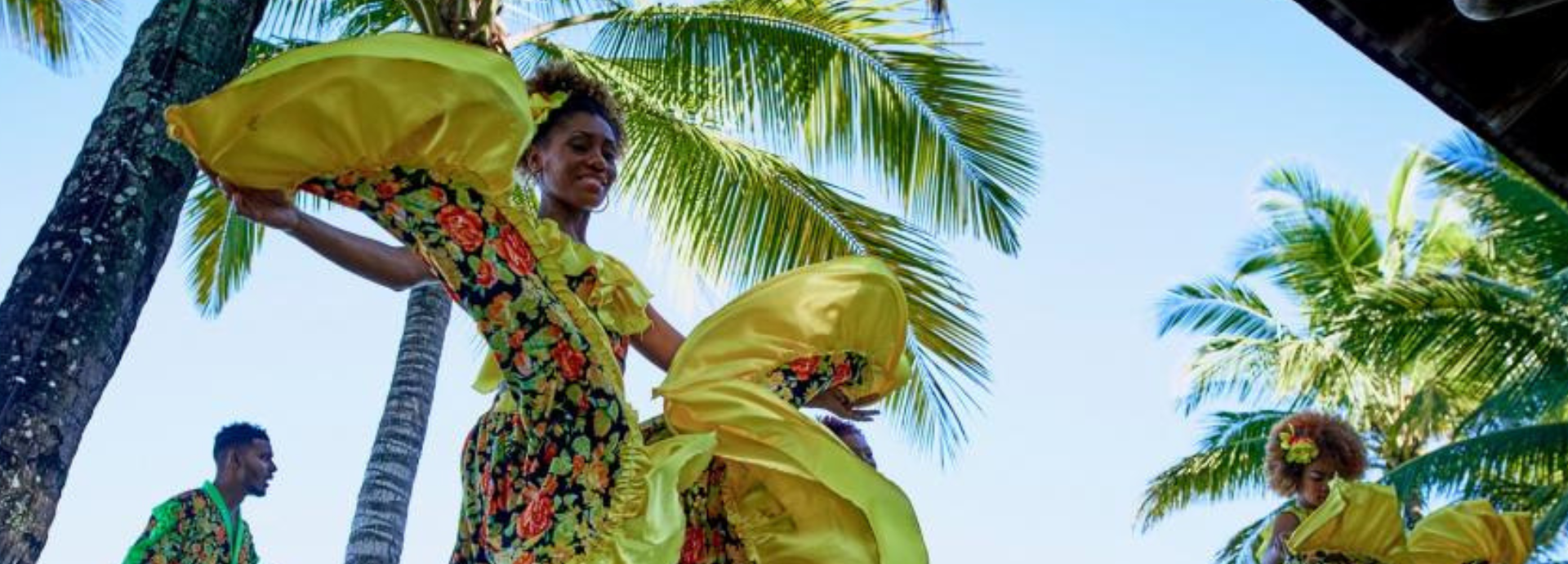
PASSPORT & VISA REQUIREMENTS
PASSPORTS
Your passport must be valid for at least six months after your return to Australia and have at least two blank pages for every entry and country you intend to visit on your journey. If your passport does not meet these requirements you must obtain a new one. The Australian Passport Office website is www.passports.gov.au.
It is a wise precaution to carry a photocopy of your passport separately and leave a copy at home. This will aid authorities in processing a new passport should yours get stolen or lost.
If you have dual citizenship and more than one passport, we strongly recommend that you use only one of these during your travels, as in some countries it is considered illegal to have two or more passports. Be sure to use the same passport on entry and exit from a country, and never surrender your passport.
If your passport name is different to your commonly used name, advise us of this and ensure your airline reservations match those of your passport name.
VISAS
Australian and New Zealand passport holders do not require a Visa to enter Mauritius for stays of up to 90 days.

CLIMATE, WEATHER & SEASONS
CLIMATE
Mauritius boasts a tropical maritime climate characterised by consistent temperatures ranging between 20°C and 30°C throughout the year.
The island experiences two distinct seasons: a warm, wet summer from November to April with increased rainfall, and a cooler, drier winter from May to October. Summer months, particularly from January to March, may bring cyclones. High humidity prevails, influenced by southeast trade winds that provide cooling breezes to the eastern side of the island.
The best time to visit is during the winter months when temperatures are cooler, and the weather is generally more favorable for outdoor activities.
| PORT LOUIS | JAN | FEB | MAR | APR | MAY | JUN | JUL | AUG | SEP | OCT | NOV | DEC |
|---|---|---|---|---|---|---|---|---|---|---|---|---|
| Temperature (°C) | 23-30 | 23-29 | 22-29 | 21-28 | 19-26 | 17-24 | 17-24 | 17-24 | 17-25 | 18-27 | 19-28 | 22-29 |
| Rainfall (mm) | 216 | 198 | 221 | 127 | 97 | 66 | 58 | 64 | 36 | 41 | 46 | 117 |

LUGGAGE & PACKING
CLOTHING
Mauritius has a tropical climate, and when packing for your trip, it’s important to consider the warm and humid weather. Here are some clothing tips for your visit to Mauritius:
Light and Breathable Fabrics: Choose lightweight and breathable fabrics such as cotton, linen, and moisture-wicking materials to stay comfortable in the tropical heat.
Swimwear: Pack multiple swimsuits, as you’ll likely spend time enjoying the beautiful beaches and lagoons. Quick-drying swimwear is practical.
Casual Clothing: Mauritius has a relaxed atmosphere, so pack casual clothing like shorts, T-shirts, sundresses, and lightweight shirts for daytime activities.
Comfortable Footwear: Sandals or flip-flops are suitable for the beach, and you might want comfortable walking shoes for exploring the island’s diverse landscapes.
Light Cover-ups: Consider packing light cover-ups like sarongs, sundresses, or lightweight long-sleeved shirts to protect yourself from the sun and cool evenings.
Formal Attire: If you plan to dine in upscale restaurants or attend formal events, bring some semi-formal or resort wear.
Respectful Attire: When visiting religious or cultural sites, dress modestly out of respect for local customs.
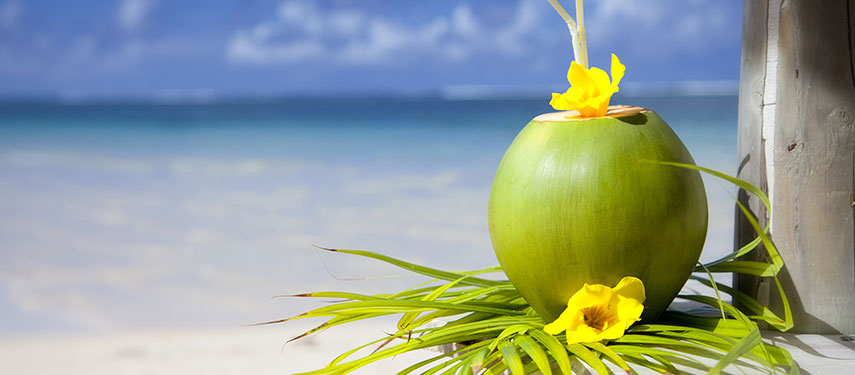
Rain Gear: Mauritius has a wet season, typically from November to April, so it’s advisable to bring a light rain jacket or poncho in case of occasional showers.
Sun Protection: Bring a wide-brimmed hat, sunglasses, and high SPF sunscreen to shield yourself from the strong tropical sun.
Insect Repellent: Mosquitoes can be present, particularly in more humid areas, so include insect repellent in your packing list.
Checking the weather forecast closer to your travel dates is always a good idea to ensure you’re well-prepared for the specific conditions during your stay. Overall, comfortable, breathable, and sun-protective clothing will contribute to an enjoyable experience in Mauritius.
HEALTH & VACCINATIONS
VACCINATIONS
It may be necessary to take medical precaution prior to, and whilst travelling. As we are not qualified to offer advice, we recommend you contact your GP or the Travel Doctor-TMVC who have the most up‐to-date information available. Requirements are highly personal depending on your health profile and the activities in your itinerary. Some vaccinations must be given well in advance of travel, so we suggest seeking medical advice as soon as you start to plan your trip. Be sure to ask what vaccinations or medications may be required to enter Mauritius and to re-enter Australia.
You can also refer to SmartTraveller for a guide as to what may be required, however you should always seek professional medical advice before travelling.
For further information on health and vaccinations please refer to the main Africa pre-departure information
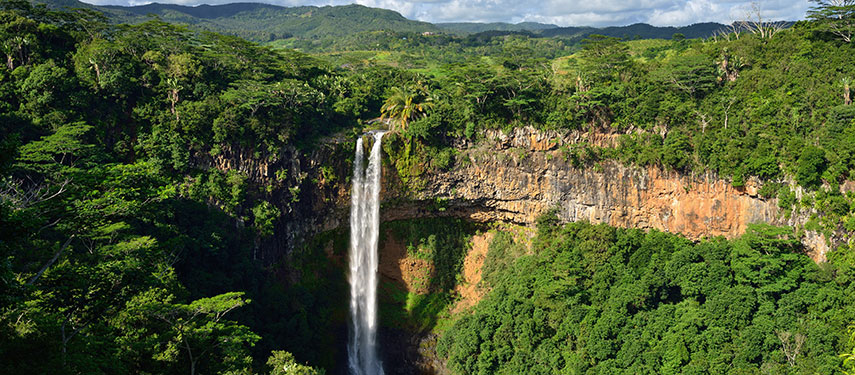
FOOD & DRINK
Mauritius is known for its diverse and delicious cuisine, influenced by a mix of Indian, African, Chinese, and European culinary traditions. Here are some food tips for enjoying the unique flavours of Mauritius:
FOOD
Dholl Puri: A popular street food, dholl puri is a type of flatbread filled with yellow split peas, often served with chutneys and pickles.
Gateaux Piment: Chilli cakes, deep-fried snacks made with lentils and spices.
Seafood Delicacies: Given its island location, Mauritius offers a variety of fresh seafood. Don’t miss dishes like grilled fish, octopus curry, and prawn rougaille.
Curries and Rougailles: Mauritian curries, often with a Creole twist, are tasty and aromatic. Try chicken, lamb, or seafood curries. Rougaille is a tomato-based sauce often served with various meats.
Vindaye: This is a curried fish dish that is typically made with turmeric, mustard seeds, garlic, ginger, and onion. It is a flavourful and spicy dish.
Roti and Farata: Indian-influenced flatbreads commonly served with curries or filled with various ingredients. Roti is unleavened, while farata is layered and flaky.
Boulettes: These are dumplings often filled with fish, chicken, or pork and served with a variety of sauces. Boulettes are a popular street food.
Chilli and Pickles: Mauritians enjoy a bit of heat in their food and the local pickles and chutneys can add a flavourful kick to your meals. Achard is a pickled side dish made from vegetables like carrots, cabbage, and beans, often served with rice or bread.
Gateau Coco: A coconut cake that’s both sweet and aromatic.
Rasgulla: An Indian-inspired dessert made with sugar syrup and cottage cheese balls.
DRINKS
Alouda: This is a popular Mauritian beverage made with milk, agar-agar jelly, basil seeds, and flavoured with almond or vanilla.
Phoenix Beer: Try the local beer, Phoenix, which is widely available and pairs well with the island’s cuisine.
Rum: Mauritius is known for its rum production. Explore locally produced rums, such as the award-winning ones from distilleries like Rhumerie de Chamarel. Try the Green Island Rum Punch, a popular cocktail made with local rum, fruit juices, grenadine, and sometimes a hint of bitters.
Tropical Fruit Juices: Enjoy fresh fruit juices made from local tropical fruits like mango, pineapple, and passion fruit. Sugarcane juice is also a popular and refreshing choice.
Tea: Mauritius has a strong tea culture influenced by its colonial history. Try the local blends, and you might find tea plantations to visit.
Street Food: Explore local markets and street food stalls. You’ll find a variety of snacks and bites, from samosas to tropical fruits like pineapple and mango.
Fusion Cuisine: Mauritius is known for its fusion of culinary influences. Look for restaurants that offer a blend of flavours from different cultural backgrounds.
Exploring the local food scene is a delightful way to experience the culture of Mauritius. Don’t be afraid to try new dishes and flavours!
MONEY MATTERS
CURRENCY AND EXCHANGE
Mauritius currency is the Mauritian Rupee (MUR) which is divided into 100 cents. It’s advisable to have some local currency on hand for small purchases, but credit cards, in particular Visa & MasterCard are widely accepted in hotels, restaurants, and larger establishments.
ATMs are readily available in cities and tourist areas, allowing you to withdraw local currency.
It is best to take a mixture of money – credit card, debit card or travel cash card and cash.
You will need cash, preferably in small denominations, for gratuities.
It is recommended that you DO NOT change money on the black market as you are more likely to receive a lower rate of exchange or fake notes.
TELL YOUR BANK
We highly recommend you advise your bank of your destinations and travel dates. This should prevent any of your transactions being deemed as ‘out of the ordinary’ (and possibly stopped) due to their unexpected location.
TIPPING
Tipping customs can vary from country to country, and in Mauritius, tipping is generally appreciated but not mandatory. Here are some tipping guidelines for Mauritius:
Restaurants: In many restaurants, a service charge may already be included in the bill, but it’s common to leave an additional 5-10% if it’s not. If the service charge is included, it’s still a nice gesture to leave some small change.
Hotels: Tipping hotel staff is customary in Mauritius. You can tip the bellboys, housekeeping, and other staff members who provide personalized services. It’s common to leave a small amount in your room for housekeeping each day.
Taxis: Tipping taxi drivers is not mandatory, but rounding up the fare or leaving a small tip is appreciated.
Tour Guides and Drivers: If you take guided tours or hire a driver, it’s customary to tip them as a gesture of appreciation for their service. The amount can vary, but 5-10% of the total cost is a good guideline.
Spas and Salons: If you use spa or salon services, tipping is appreciated. A 5-10% tip is customary.
Remember that tipping practices can vary, and it’s always a good idea to check if a service charge is already included in the bill. Additionally, while tipping is appreciated, it’s not obligatory, and the decision to tip should be based on the quality of service you received. If you are unsure about the tipping culture in a specific establishment, you can always ask the staff or locals for advice.

POWER, TECH & PHOTOGRAPHY
POWER
There are basically two main voltage systems used around the world: 110 Volt ‐ USA, Canada, Spain & Japan 220 Volt ‐ the rest of the world. In simple terms, the power supply available at the socket is roughly twice as powerful in 240V countries as in 110V countries.
The voltage in Mauritius is 230 Volts, therefore if you wish to use any electronic devices from Canada, the US or Japan you’ll need a voltage converter AND a plug adapter. Australia operates a 220V currency and therefore you only require an adapter for Australian appliances.
The adaptor you will need for Mauritius is a TYPE C or G, alternatively you may prefer to invest in an International Travel Adaptor that provides you with more than one option.
Many adaptors also have a USB port so you can plug your smart phone, or I‐product directly into the adaptor.
For the latest & most up to date information about voltage and what adaptors to travel with refer to: www.korjo.com
ADAPTORS
Mauritius uses a 230V electrical current and a type C (European 2 round) or G (UK 3 square pin).

